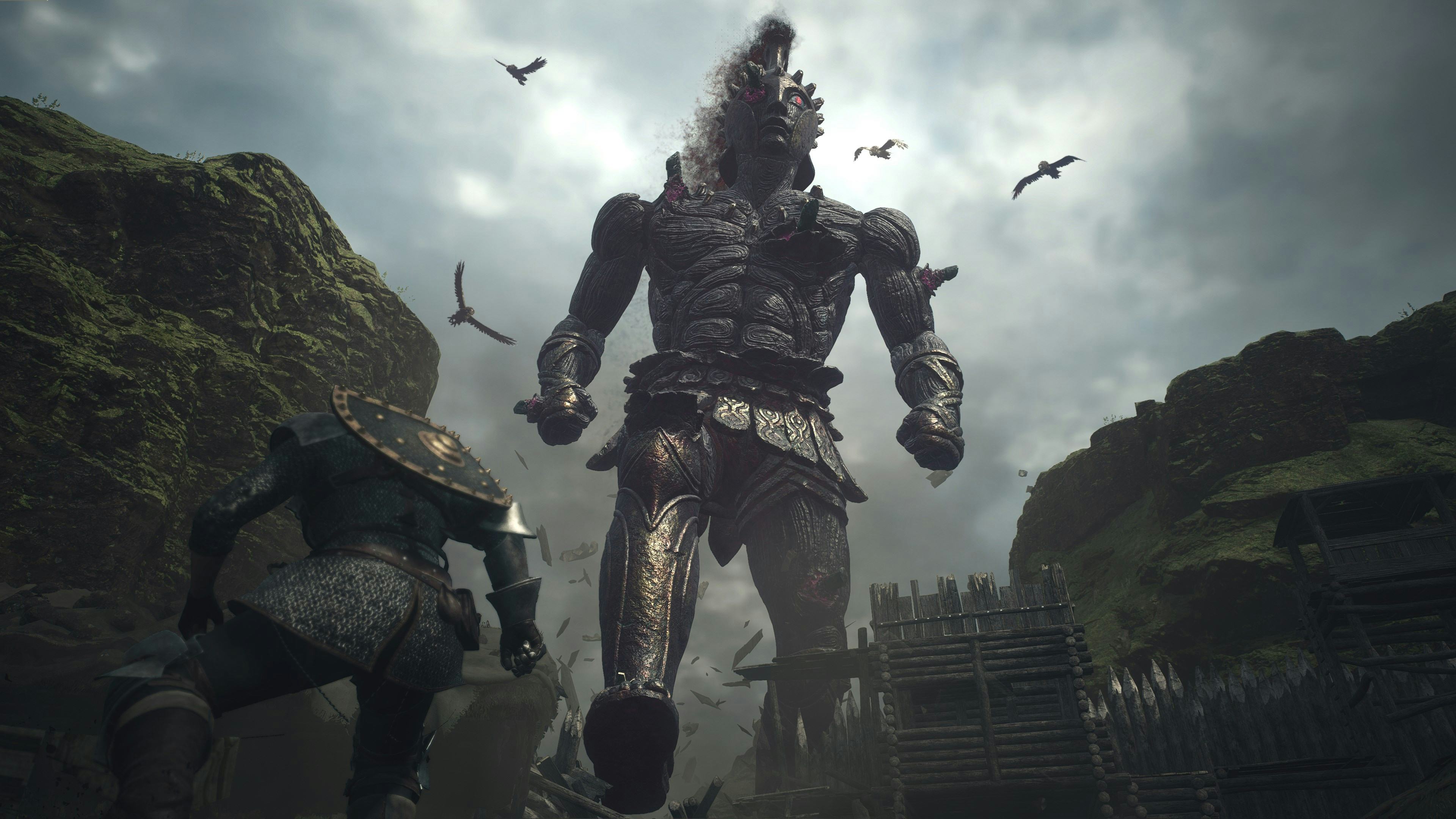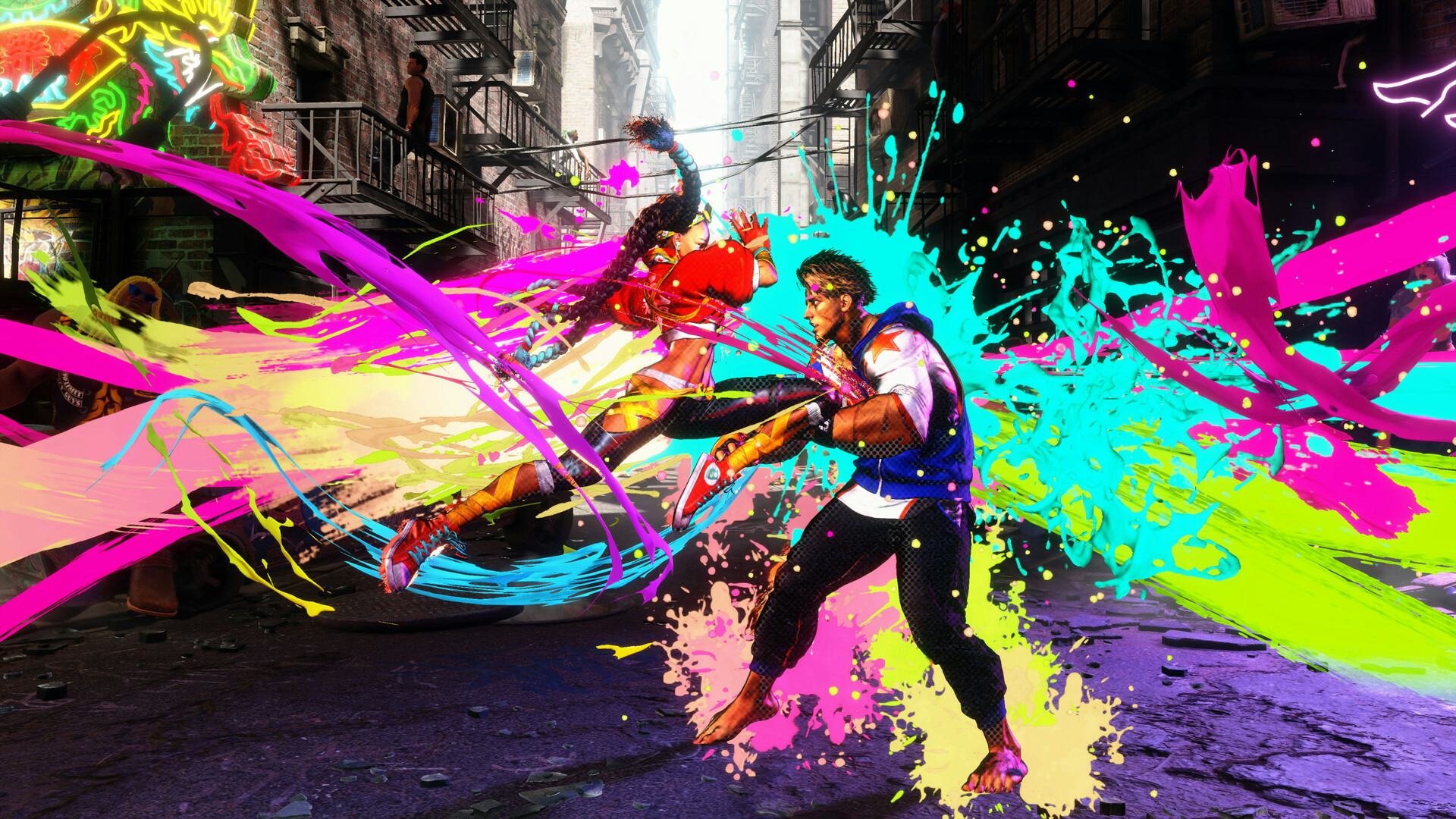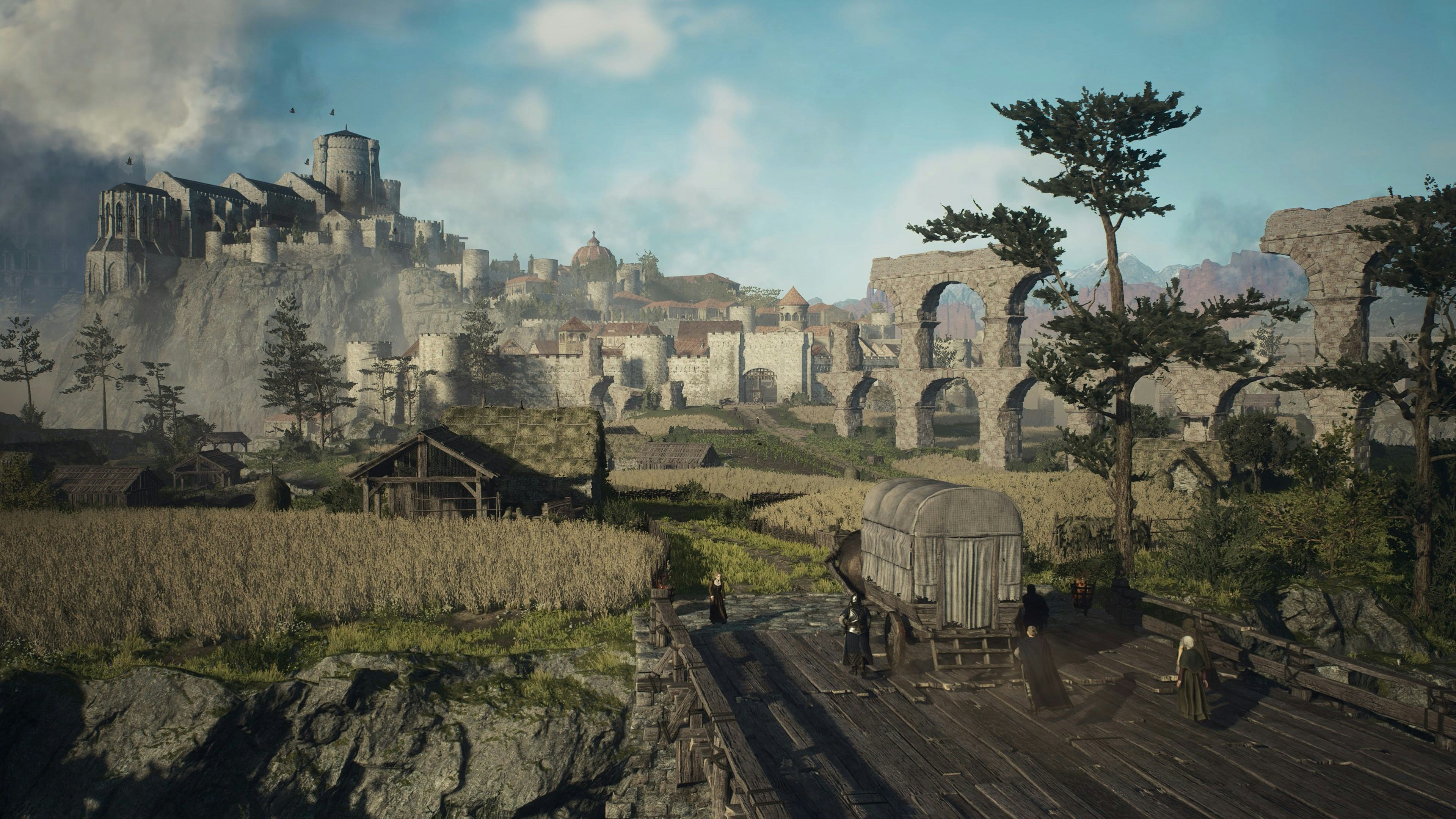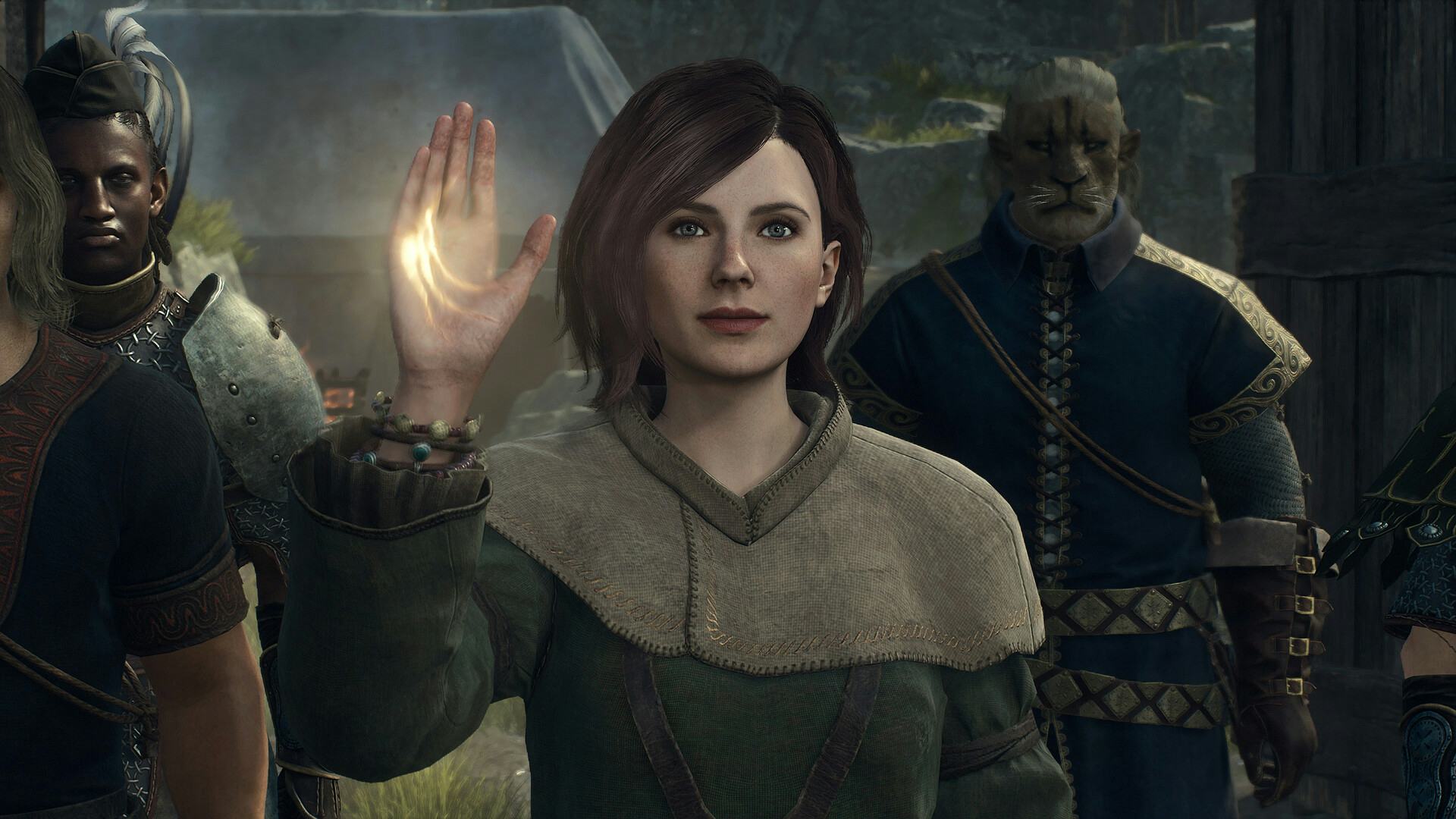
With Dragon’s Dogma 2’s March 2024 release date confirmed, my 10-plus years of waiting for a sequel are finally over, but a new development has left a slightly sour taste in my mouth. Dragon’s Dogma 2 costs $70 on all platforms, making it the first Capcom game at that price point. With yet another major publisher adhering to the new industry standard, gaming continues to shut its doors on more and more people who can’t afford the price of entry.
The $70 wave has been crashing over the games industry since the start of the current console generation. With the announcement of the PlayStation 5’s launch lineup came the reveal that first-party titles would cost $10 more than they did for the PlayStation 4. Other developers followed that example in the three years since, making Capcom somewhat of an outlier for sticking by the $60 price tag for recent games like Street Fighter 6. Capcom declined to comment.

When higher game prices were introduced, there were plenty of reasonable explanations for it. First, there’s inflation. Today, $70 has the same buying power as $43.39 did in 2005, back when $60 games first became the norm.
There’s also the ballooning cost of developing games to consider. Part of that is due to inflation, but it’s also because the tech and game industries constantly push graphical fidelity and technological progress, which makes games progressively more expensive to make. At the same time, increasing wages are often cited as a factor in the growing cost of development.
This is all perfectly sensible, assuming you live in a high school economics textbook. In reality, the picture is more complicated.
Since 2021, prices have increased far faster than wages. While that trend reversed earlier in 2024, we’re all stuck paying a higher proportion of our pay for everything for now. No matter how many times you say the word “inflation,” actual people have less actual money to spend, meaning a $10 price increase hurts more than it might sound.
It’s a similar situation with games industry jobs. Yes, wages are increasing, but at a slower rate than they used to, so the actual cost to their employers is less than it appears. That increase has also been offset by massive layoffs, which have left 8,000 people out of their jobs this year, according to the Game Industry Layoffs tracker. Also consider that the biggest beneficiaries of pay increases are CEOs, who’ve seen their compensation skyrocket even as salaries for regular workers stagnate. If developers want to save on wages, starting from the top seems like a good fix.
Capcom is actually an outlier here. Workers at Capcom have been spared layoffs this year, and the publisher raised all salaries by 30 percent last year. Capcom CEO Kenzo Tsujimoto makes $1.4 million per year, according to Yahoo Finance, which is actually below average for the company’s size. If any game publisher can claim economic forces are behind its price increase, it’s Capcom.

But even statements from Capcom’s executives tell a different story.
“We believe game software’s price should be determined by how much money consumers are willing to pay for the quality, not by how much money we spend to make that game,” chief financial officer Kenkichi Nomura told Bloomberg in 2020.
In a way, that’s a refreshingly honest answer. Games cost more because the companies selling them know they can get more money out of players. But it also points to why it turns my stomach so much to see defenses of these price increases, whether they’re coming from publishers, the media, or players themselves. Companies will raise their prices whenever they feel like they can get away with it. They don’t need the rest of us cheering them on.
Whatever the reasons for increasing game prices, the simple fact is that they’re keeping a vast swath of the medium out of reach for many people. Spending hundreds of dollars on new hardware every few years, then shelling out $70 per game is just not a realistic proposition for many people.
Of course, AAA games don’t define the games industry. You could always turn to indie games, which are much cheaper, and at least on PC there are alternatives like itch.io, which host huge collections of free games. In fact, I’d argue that your time is better spent in that space than playing most AAA games anyway. But it shouldn’t have to be that way.

Ballooning development budgets are a real thing, but instead of justifying them, we should ask why they’re necessary. Do we need every AAA game to be an epic that lasts tens of hours? Do we need that one percent increase in performance and graphical fidelity at the cost of making them unaffordable for even more people?
There’s no game I’m looking forward to more than Dragon’s Dogma 2, and I’m fortunate enough that I can shell out $70 for a AAA game when I absolutely must. But knowing that it and games like it are part of a trend that’s making the medium inaccessible for some people, even I have a hard time celebrating its release.







